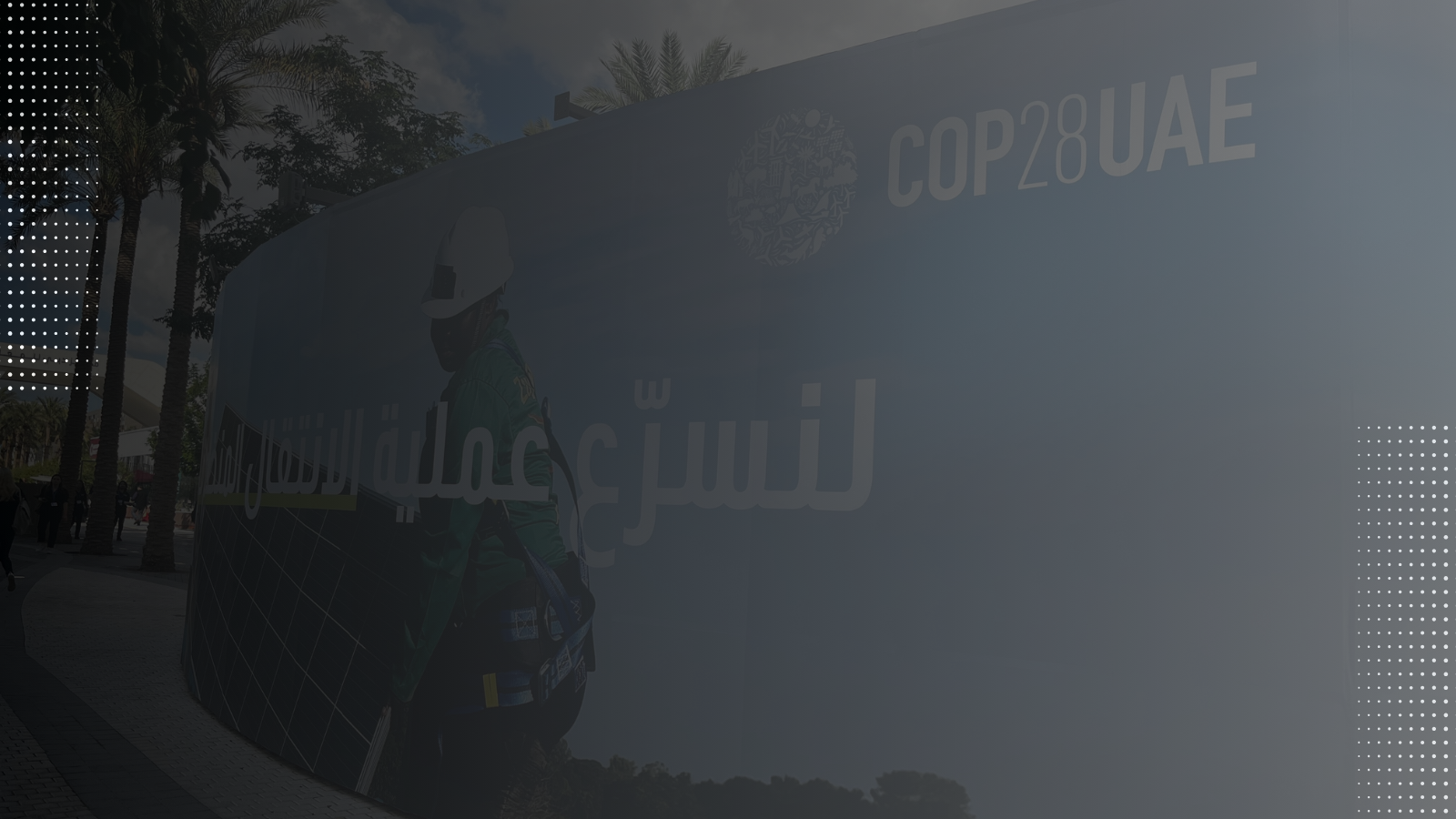The sheer scale of COP28, like host city Dubai itself, is something to behold. Nearly 100,000 delegates have registered for the summit – four times the size of COP26 in Glasgow just two years ago. One-hundred and eighty world leaders are due to arrive in the next day or two, although US President Joe Biden and China Premier Xi won’t be among them. And while the Dubai Expo venue is lavish and vast, so too is the challenge awaiting its boss Sultan Al-Jaber. Can he (some are asking does he want to) drag nearly 200 countries to back a deal to radically cut fossil fuel use through the 2020s and 2030s?
Things haven’t got off to a great start for the hosts, with BBC reports that Al-Jaber’s team cut oil deals in the lead up to the summit and a hoax press release claiming he’d quit as boss of ADNOC, the UAE’s national oil company. On Tuesday, Al-Jaber forcefully denied his team had ever cut said deals, labelling the story “false, not true, incorrect… not accurate”. The BBC story referenced meeting notes for 13 governments that suggested ADNOC cooperation on future fossil fuel projects.
It has certainly ruffled a few feathers and raised further questions about Al-Jaber’s commitment, but on day one of negotiations, many delegations are in a forgiving mood. As Ralph Regenvanu, Vanuatu’s Minister for Climate Change, said: “Historically, the position of the COP President has been understood to be one of impartiality… We hope that the recent reports in relation to the COP President are an exaggeration, and we look forward to working with the Presidency to secure ambitious mitigation outcomes at COP28.”
Packed agenda
Delegations certainly have their work cut out. The latest estimate of the number of agenda items stacked up at the start of COP across multiple negotiation tracks is 170. Each item is suggested by countries or negotiating blocs – some recur annually like zombies while others, like a proposal from major emerging economies to discuss carbon border measures imposed by the EU, are new. If Al-Jaber nails the ‘agenda’ on day one and herds 196 cats into agreeing what to focus on, he’s doing well.
| Country/bloc positions
Africa Group – Dubai must finally deliver better funding on adaptation India – Flurry of coal chatter suggests Delhi wants to play hardball on coal targets South Africa – Government arriving with a set of funding demands from wealthy nations Brazil – Keen to land a tropical forests/OPEC of the woods funding plan EU – Backing phaseout of ‘unabated’ fossil fuels + push to wipe out coal power in 2030s Small Islands – G20 ‘must lead’ on fossil fuel phaseout (AOSIS statement) China – Unclear what Beijing wants bar free rein to burn coal. COP28 analysis here |
Measuring success won’t be easy given the blizzard of pledges and promises due to land, but five areas still stand out as key:
- A fossil fuel phaseout deal with clear targets through the 2030s
- A new set of clean energy & efficiency targets for 2030
- A commitment to deliver a new finance target in excess of $100bn a year by 2030
- A deal to deliver tougher national climate plans in 2025 covering all sectors and all emissions
- Signing off on the Loss & Damage Fund and filling it with hundreds of millions of dollars.
A fossil fuel phaseout will be hotly contested, with a showdown brewing between those who have coal resources and those who have not. The US wants to focus any phaseout on coal while France has been testing waters with a proposal to shut down loopholes in international coal finance. Meanwhile India’s power ministry issued a call for more coal cash. As the country with the biggest build-out plan, China is silent on this but well placed to cap coal power generation and therefore emissions.
Any phaseout deal is likely to go to the wire, but we may not have to wait long to assess progress on loss & damage. One rabbit from the hat Al-Jaber may reveal on Thursday is an announcement on a new global fund. The draft decision is here, awaiting sign off. Agreed at COP27, planning has rattled through 2023 with the World Bank as interim host. Between $290bn and $580bn is needed to help countries hit by extreme weather, say the wonks. Developing countries want $100bn a year by 2030. Developed nations’ record on stumping up, or even following through on agreed pledges, is poor, but here’s an opportunity to kick off with a bang.





